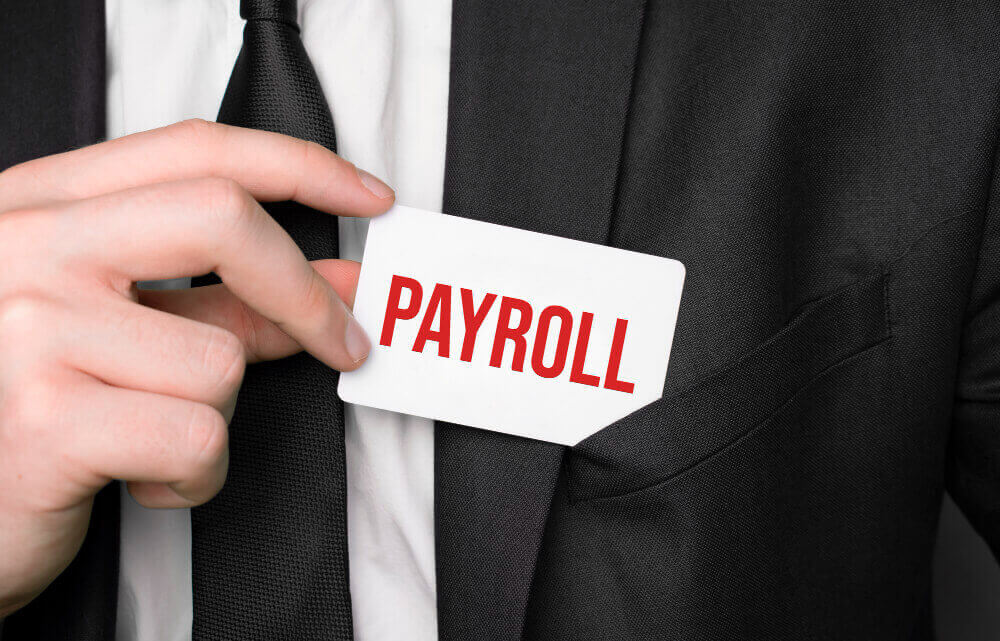Even the most cautious and responsible business owners are afraid of encountering UK tax investigations. If HMRC finds issues in your tax return, they immediately notify you about an investigation. In such cases, you are bound to present solid proof against every figure on your tax return sheet.
Tax audits and investigations are stressful processes. An owner must be sure about their financial position or seek advice from a professional.
We will know everything related to tax investigations uk in the guide.
Table of Content
What is a UK tax investigation?
HMRC tax investigation procedure is a technique to take a close look at your business finances and ensure that you are paying the right amount of tax.

As per reports, 7% of businesses trigger tax investigations randomly, whereas most others create a sense of mishappenings in the tax return filing for HMRC.
Every company must review its tax return form after completing it every time they submit it to the HMRC. There is no room for mistakes in tax return filing, and it can bring in charge of costly penalties.
You can use extra space on the tax return form to define any sudden changes in your turnover or profits.
If HMRC selects your business for an investigation, you will receive an official letter or phone call mentioning what they are looking for from you. It usually includes
● Details of tax payment
● Accounts and tax calculations
● Self-assessment tax return for a particular year
● Company tax return file
● PAYE records and returns (for employers)
● VAT returns and records (for VAT-registered businesses)
● Bank statement
● Sales invoices
● Expense receipts
● Credit card statement
What triggers a tax investigation?
Whenever you make mistakes or data is missing on your tax return, HMRC initiates an investigation. Though the process may sound dreadful, if you have all your files, accounts, receipts, and bills handy, you are safe.
Here are a few businesses that can trigger an investigation at any time:
● Offering a tip-off to HMRC
● Working in a high-risk industry like the one that accepts regular cash payments
● A sudden change in profit, cost increase, or significant inconsistency between two tax returns.
● Filing tax returns consistently late
● Business costs exceed the average industry norm
● Inconsistency in tax return when compared with living standards
● Performing business in the HMRC-targeted sectors
What are the types of investigations you can encounter?
There are three types of uk tax investigations,
● Full inquiry: HMRC will review all your business records as they believe there is a major risk of errors in your tax. During the investigation process in limited companies, they might look closely into the tax affairs of directors and the business.
● Aspect inquiry: HMRC focuses on a few particular aspects of your accounts where they find inconsistencies in your recent tax return.
● Random check: HMRC can check you randomly regardless of your account status or whether you received an alert.
How long does the investigation process continue?
HMRC starts an investigation within 12 months of the given deadline to deal with the annual review.
Let us see the HMRC tax investigation time limit for an audit in the below table:
| Tax | For normal behavior, e.g., Self-assessment random check Time limit (in years) | For careless behavior, e.g., failure to provide self-assessment correctly Time limit (in years) | For deliberate behavior, e.g., tax fraud Time limit (in years) |
| Capital Gains | 4 | 6 | 20 |
| Corporation tax | 4 | 6 | 20 |
| Income tax | 4 | 6 | 20 |
| PAYE | 4 | 6 | 20 |
| VAT | 4 | 4 | 20 |
While for innocent errors, the investigation process asks for details back up to 4 years, and for careless errors, it is 6 years; HMRC tax evasion investigations ask for details from up to 20 years.
An investigation ends after agreeing to a contract settlement. You will receive decision notes mentioning your final case position or a contract settlement to pay the money, while HMRC won’t use its power.
How to prepare for a tax investigation?
If you receive a tax investigation notice, seek legal advice or speak with your accountant. A professional team conducts the entire process, and there is no hole to escape from wrongdoings.
It becomes a necessity to stay prepared every time thinking of an investigation. Here are a few things you can do:
Stay calm and prepared
You must always be ready for an investigation, even when you might not have encountered any in the past years. It includes proper tax planning, understanding your tax obligations, accurate bookkeeping, learning about tax deductions criteria, keeping your books updated, etc.
Organize your files
When you receive an investigation letter, start looking for your essential files. This process won’t be hectic if you keep all your bills, receipts, transaction records, and financial reports in place.
Seek advice from experts
A layperson cannot handle such conditions, affecting their business reputation in the market. To avoid unnecessary hassles, ask a professional for legal and tax advice. They have experience handling numerous tax investigations and help you cope without wasting time and money.
Conduct internal audits
Review your historical financial data or hire an accountant to conduct internal audits. It is a self-audit process that spots any mistakes beforehand and goes through compliance checks.
If you find any discrepancies after submitting your tax return, report them to HMRC to display transparency and ensure you made an innocent mistake.

Conclusion
There are chances of losing documents or theft when you have piles of paper in the physical storage.
Start adopting the latest technologies and keep your files in the cloud. It allows the accountant, owner, and tax investigators to look into the document anytime and anywhere; however, if you fail to produce the documents, report HMRC the situation and find realistic solutions.
It is good to speak with an expert about a tax investigation. This process gets serious over time and can affect the entire business if not handled properly.
Remember to keep your books tidy and organize your financial documents to stay prepared for a tax investigation anytime in the future.











